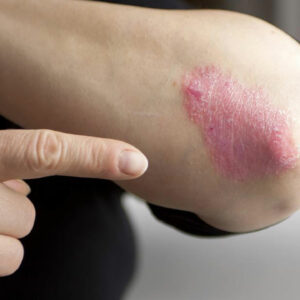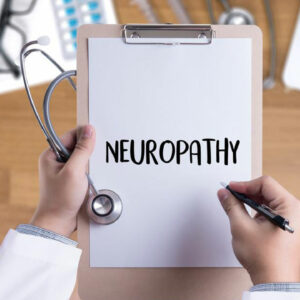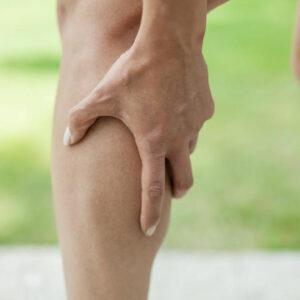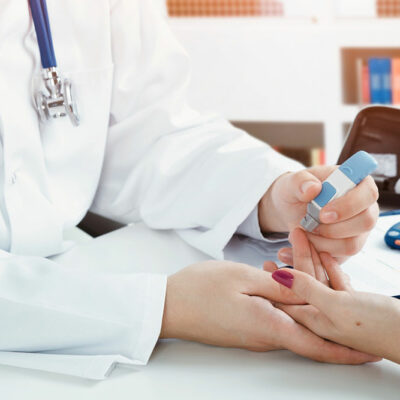
01
Bad Breath Causes Effects And Cures
Halitosis is the medical term used for the condition we commonly know as bad breath. It is also termed as Fetor Oris, where fetor refers to an unpleasant odor emanating from an individual. The condition may cause embarrassment in social situations, lead to increased anxiety and become a thought-irritant, playing constantly on your mind. Depending on the symptoms and the underlying cause, halitosis could occur as a singular incident – an acute condition or could persist over a longer period in a chronic form. It is the third most common reason for you to visit your dentist, the first being tooth decay and second, gum disease. Symptoms Of Bad Breath Bad breath goes unnoticed until someone comes nearby and points out the condition. When people around you – friends, relative, colleagues, start maintaining a physical distance it may be because of bad breath. Other signs may include: · An unpleasant/sour taste · Dry mouth · Changes in taste · Tongue coating Causes Of Bad Breath The condition of halitosis is one which all of us have to suffer through at some time. For some, it may cause significant distress and psychological anguish. Causes of Fetor Oris or bad breath include: · Food – A primary reason for bad odor from the mouth is food. Food stuck in the teeth, or its breakdown chemicals are often the cause of bad breath. · Dry Mouth –When the body fails to produce enough saliva; as a result, the mouth goes dry, and odors build up. · Tobacco – Smoking or chewing tobacco can leave breakdown chemicals in the mouth that carry their distinct odor. Smoking can also lead to other bad-breath causes like gum diseases or oral cancers. · Poor Dental Hygiene – To ensure that no food particle is left behind in the mouth, brushing and flossing the teeth is recommended for a good oral health.
Read More 










